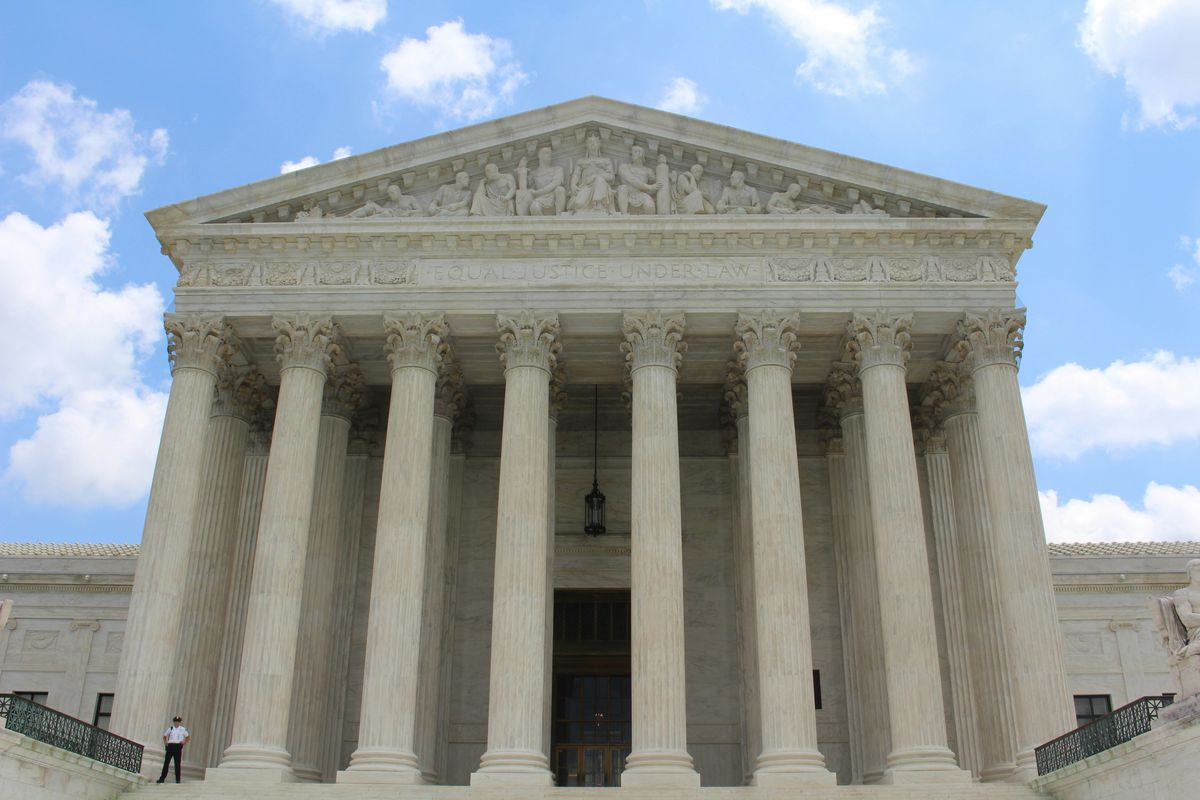In the realm of commercial disputes, enforcing judgments can be a complex and challenging process. Understanding the legal tools available for enforcing judgments is crucial for successful resolution. This article explores key strategies and recommendations for effectively enforcing judgments in commercial disputes.
Key Takeaways
- Utilize a thorough Recovery System to maximize the possibility of recovery in commercial disputes.
- Consider the Litigation Recommendation carefully, weighing the options of closure or legal action based on the investigation results.
- Be aware of the Collection Rates applicable for different scenarios, including accounts under 1 year in age and those placed with an attorney.
- Evaluate the upfront legal costs involved in proceeding with legal action, which typically range from $600.00 to $700.00 depending on the debtor’s jurisdiction.
- Understand the competitive collection rates offered, tailored to the number of claims submitted within the first week of placing the first account.
Legal Tools for Enforcing Judgments in Commercial Disputes
Recovery System
The Recovery System is a multi-phase approach designed to maximize the enforcement of judgments. Collection agencies offer expertise in debt recovery, employing specialized techniques that are both cost-effective and capable of yielding faster results. They utilize legal resources, develop customized strategies, and strive to preserve business relationships, ensuring efficient judgment enforcement.
The initial phase involves immediate action within 24 hours of placing an account, including sending letters, skip-tracing, and persistent contact attempts. If these efforts fail, the case escalates to a network of affiliated attorneys.
Subsequent phases involve legal escalation, with attorneys drafting demand letters and making direct contact attempts. The decision to litigate is based on a thorough investigation of the debtor’s assets and the likelihood of recovery. Should litigation be pursued, upfront legal costs are required, but if collection attempts fail, clients owe nothing further.
The structured fee system reflects the age of accounts, the amount owed, and whether an attorney is engaged, as outlined below:
| Claims | Accounts < 1 year | Accounts > 1 year | Accounts < $1000 | Attorney Involved |
|---|---|---|---|---|
| 1-9 | 30% | 40% | 50% | 50% |
| 10+ | 27% | 35% | 40% | 50% |
Litigation Recommendation
When faced with a commercial dispute, the path to enforcing judgments can be complex. Deciding whether to litigate is a critical juncture. If an investigation into the debtor’s assets suggests low recovery prospects, we advise case closure, sparing you unnecessary expenses. Conversely, if litigation appears viable, you’re at a decision point.
Should you opt against legal action, withdrawing the claim incurs no cost. Alternatively, standard collection efforts can persist. Choosing litigation necessitates upfront legal fees, typically between $600 to $700. These cover court costs and filing fees, with our affiliated attorney initiating the lawsuit on your behalf.
The choice is yours: withdraw and owe nothing, or invest in litigation with a clear understanding of the costs involved.
Our fee structure is straightforward:
- For 1-9 claims, rates vary based on the age of the account and the amount collected.
- For 10 or more claims, discounted rates apply.
Efficiency and cost-effectiveness are paramount when enforcing judgments. DCI’s expertise in judgment enforcement underscores the benefits of partnering with a collection agency over hiring an attorney directly.
Collection Rates
Understanding collection rates is crucial for businesses seeking to enforce judgments. Higher rates often reflect greater expertise and resources dedicated to the recovery process. Here’s a snapshot of DCI’s competitive rates:
-
For 1-9 claims:
- Accounts under 1 year: 30%
- Accounts over 1 year: 40%
- Accounts under $1000: 50%
- Accounts with an attorney: 50%
-
For 10+ claims:
- Accounts under 1 year: 27%
- Accounts over 1 year: 35%
- Accounts under $1000: 40%
- Accounts with an attorney: 50%
These rates are tailored to the age and size of the claim, as well as the involvement of legal representation. It’s a balance between the potential recovery and the cost of enforcement.
DCI collection agency streamlines judgment enforcement for businesses, overcoming debtor resistance, legal complexity, resource drain, and financial risk. Contact DCI at 407-374-0000 for efficient and effective enforcement.
Frequently Asked Questions
What is the Recovery System for Company funds?
The Recovery System for Company funds consists of three phases. Phase One involves sending letters to debtors, skip-tracing, and contacting debtors for resolution. Phase Two includes forwarding the case to affiliated attorneys for further action. Phase Three involves recommendations for recovery or litigation.
What happens if recovery is not likely after investigation?
If recovery is not likely after investigation, the case will be recommended for closure. There will be no fees owed to the firm or affiliated attorney for these results.
What are the options if litigation is recommended?
If litigation is recommended, the client has the option to proceed with legal action by paying upfront legal costs or to withdraw the claim with no fees owed. Standard collection activities can also be continued.
What are the upfront legal costs for proceeding with legal action?
The upfront legal costs for proceeding with legal action typically range from $600.00 to $700.00, depending on the debtor’s jurisdiction. These costs cover court fees, filing fees, etc.
What are the collection rates for DCI based on the number of claims submitted?
DCI provides competitive collection rates based on the number of claims submitted within the first week. Rates vary for different account ages and amounts, with percentages ranging from 27% to 50%.
What happens if attempts to collect via litigation fail?
If attempts to collect via litigation fail, the case will be closed, and there will be no fees owed to the firm or affiliated attorney for these results.

No responses yet